Special Issue Launch Event: The Emerging Second Generation in Asia (Ethnic and Racial Studies)
East Asian countries have long been characterized by cultural and ethnic homogeneity. However, with the increasing number of inter-Asian marriages and families, the so-called “new second generation” — those raised in such families — has begun to draw increasing attention from policymakers, the media, and the broader public.
As a fruitful outcome of scholarly investigations and discussions in the “international conference’Transnational Families and the Second Generation in Asia” held by GARC, the special issue of Ethnic and Racial Studies, titled “The Emerging Second Generation in Asia”, has just been published. Featuring case studies of children born to inter-Asian marriages in Taiwan, Japan, South Korea, Singapore, and Hong Kong, this issue seeks to engage in dialogue with existing scholarship that has predominantly focused on North America and Western Europe.
In this lecture, the editors of this special issue, Distinguished Professor Pei-Chia Lan and Professor Minjeong Kim shared key findings from the special issue. The special issue begins with an examination of the geopolitical context and national policies, analyzing how the migration and settlement patterns of immigrant parents shape their children’s sense of belonging and access to citizenship. These studies reveal that the emerging second generation in Asia navigates multiple pathways of incorporation and often encounters contradictory identity politics. Their experiences of growing up and forming identities are diverse and highly heterogeneous. Moreover, the formation and dynamics of inter-Asian marriages and transnational families are influenced not only by regional geopolitics and state policies, but also by cultural norms and socio-economic conditions.


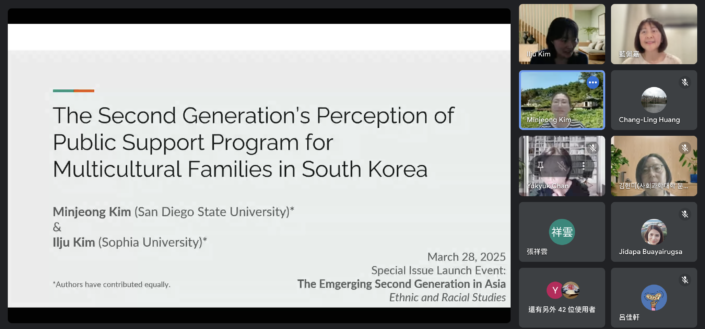
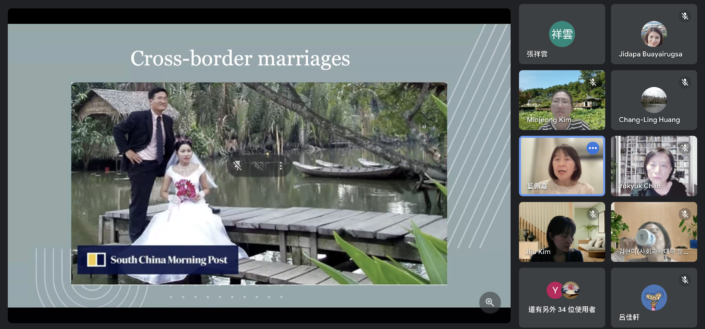
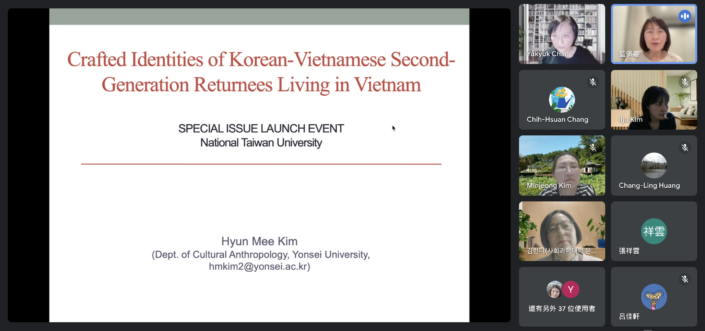
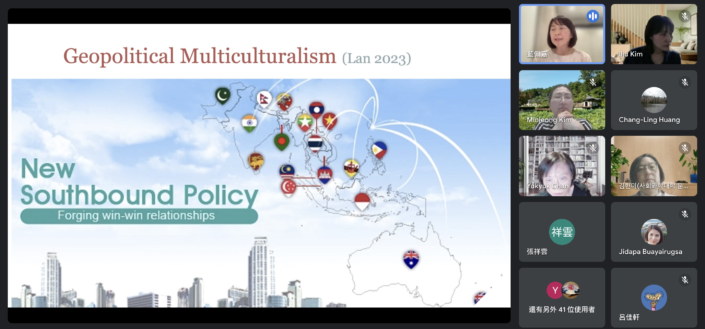
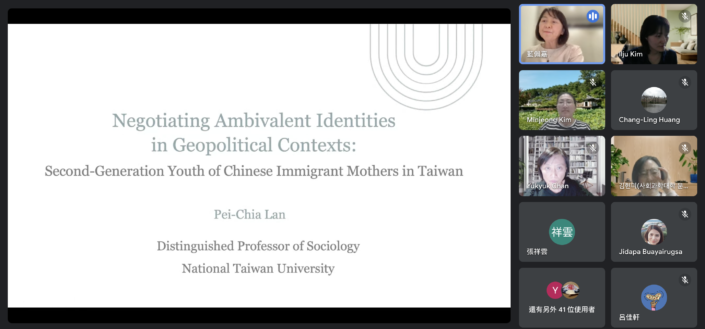
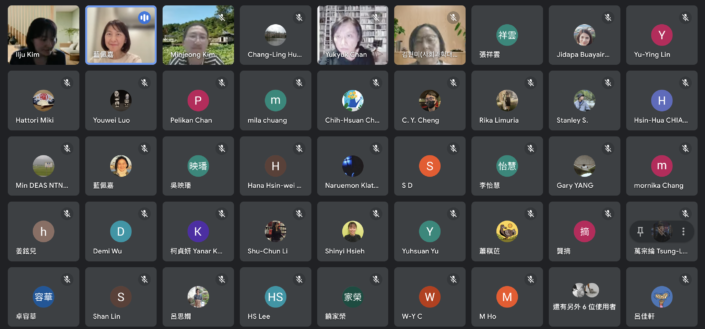
-01-低解析度-80x80.jpg)
